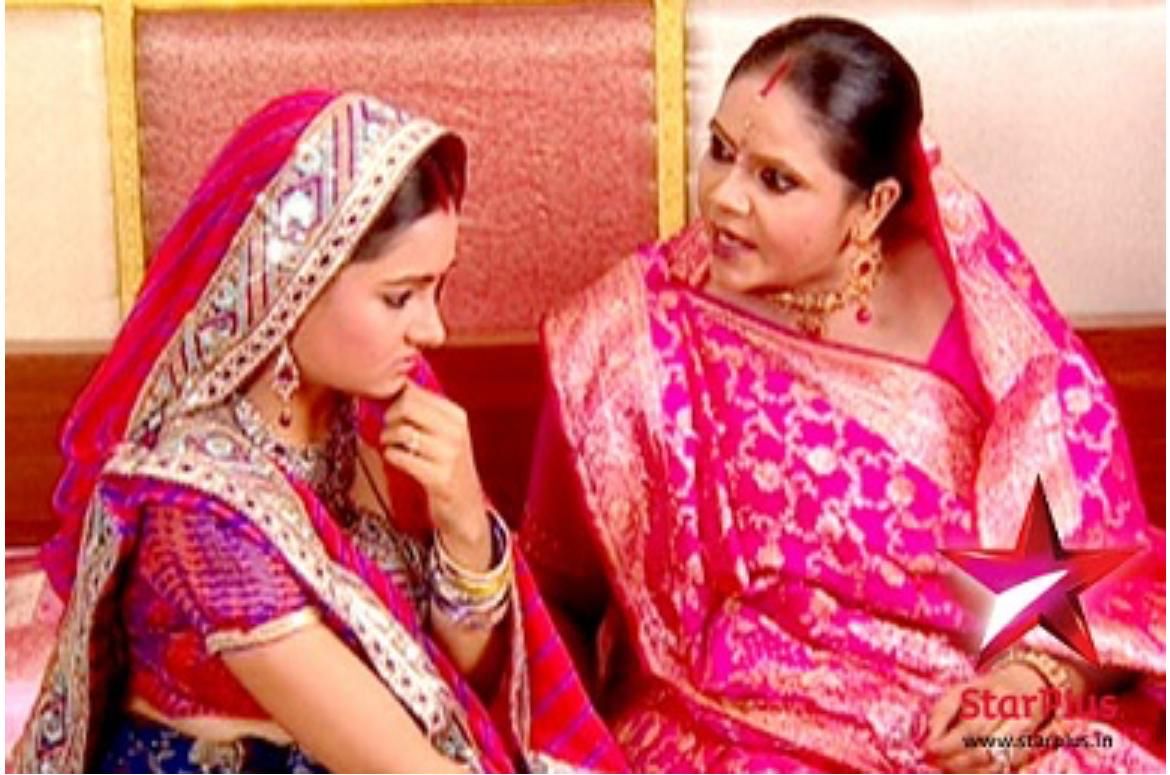The Toxic Trauma Loop in Indian Families: How Generational Wounds Are Passed On

In many Indian families, a silent cycle of trauma is unknowingly carried on by women across generations. A newly married woman, entering her husband’s home with hopes of love, respect, and support, often finds herself in an environment where she feels emotionally neglected or unacknowledged.
If her husband remains emotionally distant and her in-laws fail to provide the warmth and acceptance she longs for, she turns to the only place where she believes she can find unconditional love—her children, particularly her son.
Over the years, this emotional void leads to an excessive attachment between the mother and her son, creating a deep-seated emotional dependence. The son, raised in this compelling environment, learns to prioritize his mother’s emotional needs, often at the cost of setting healthy boundaries. When he eventually gets married, his mother struggles to loosen this bond, fearing emotional abandonment. Unconsciously, she places her expectations and unresolved trauma onto her daughter-in-law, expecting her to accommodate to the same patterns of emotional suppression and sacrifice that she once endured.
This creates a fractured marital dynamic where the son, torn between his mother and wife, fails to fully invest in his marriage. The newlywed daughter-in-law, in turn, experiences the same alienation and emotional neglect that her mother-in-law once did. If she does not recognize and break the cycle, she may repeat it when she becomes a mother herself, transferring her unhealed wounds to the next generation.
This toxic cycle continues unless conscious efforts are made to acknowledge, heal, and change deep-rooted family dynamics. True generational healing can only begin when emotional boundaries, healthy communication, and mutual respect are prioritized within families.



Comments (0)